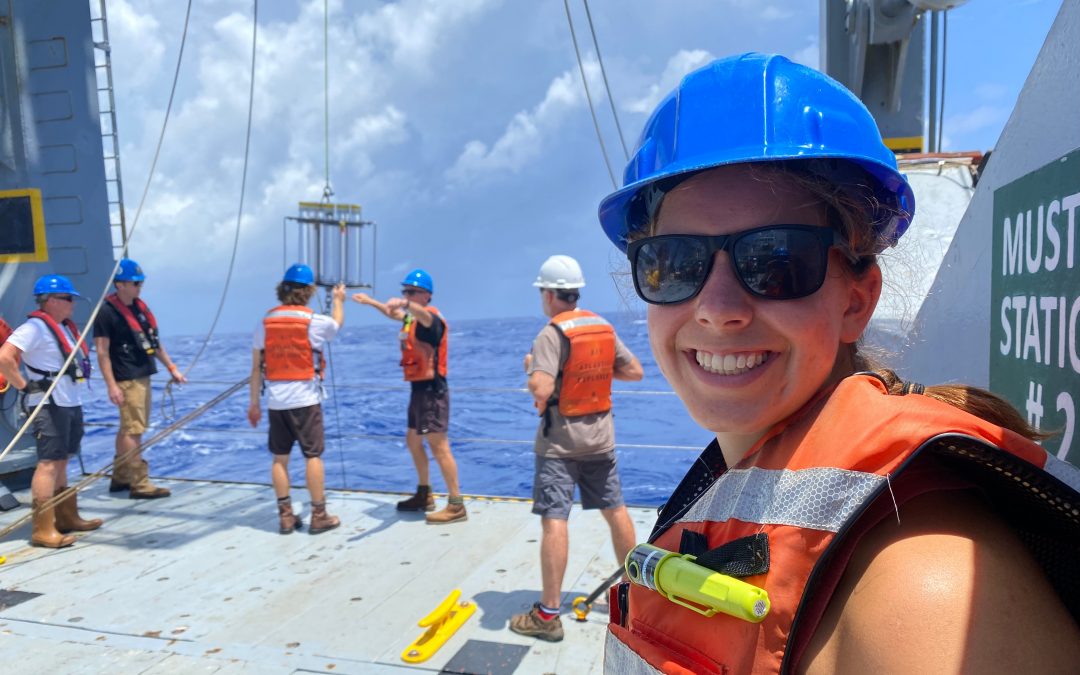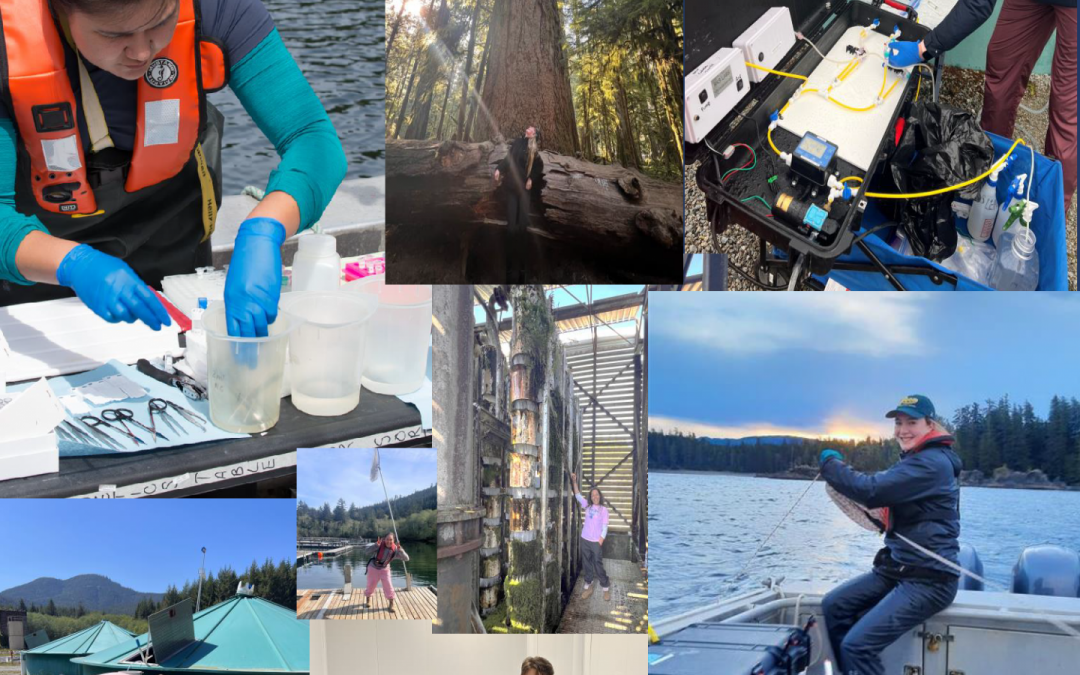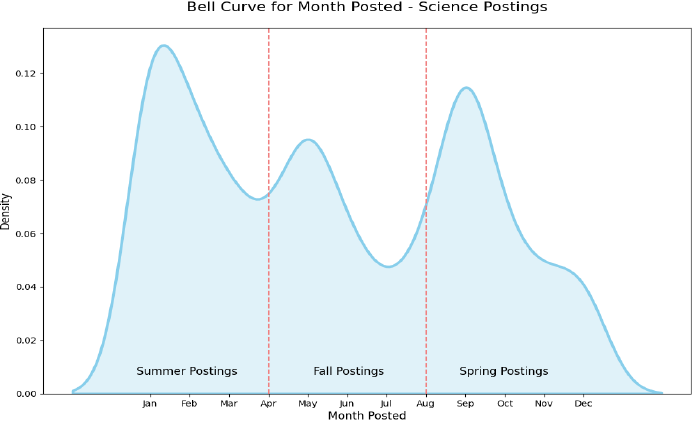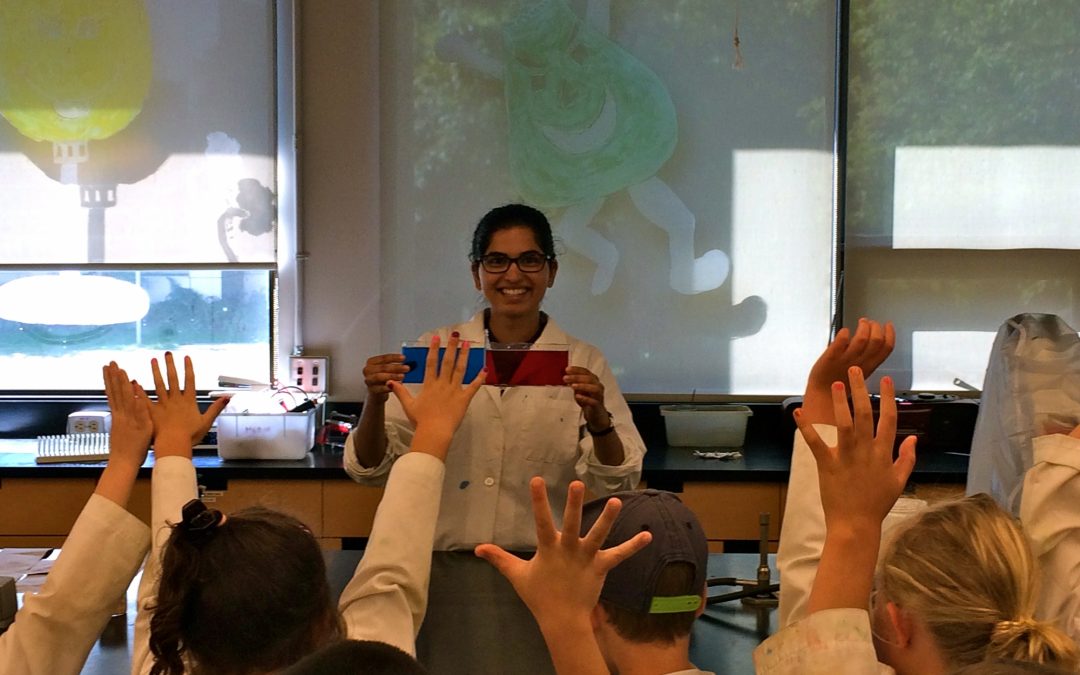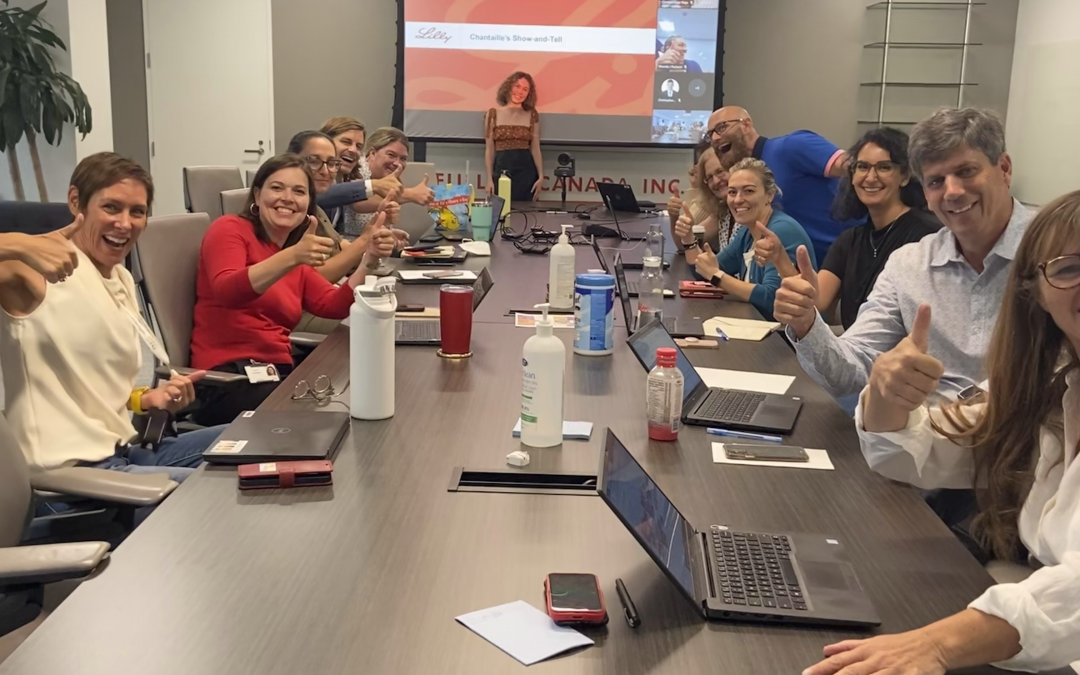
Students with past work experience
In some cases, work you have done in the past may be recognized for co-op credit. The formal name of the process to do so is work-term by challenge. Here are more details about work term challenge.
NOTE: Work term challenges are not permitted for the Work Experience designation.
If you’re pursuing Co-op Distinction, and you’d like to receive credit for past work:
- Complete the Work Term Challenge Form. This is due on November 15.
- Submit a report to scico@uvic.ca following the Work Term Challenge Report Guidelines. This is due on November 30.
- Have your supervisor send an attestation to scico@uvic.ca using the Work Term Challenge Employer Attestation Template.
